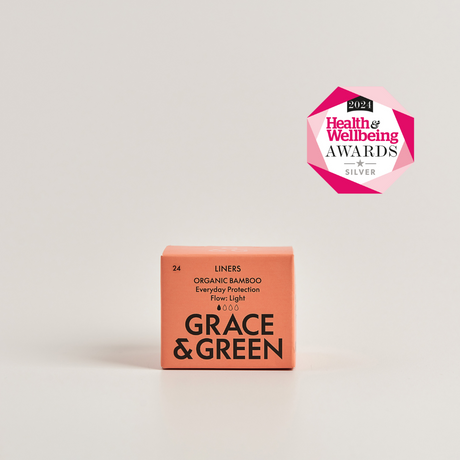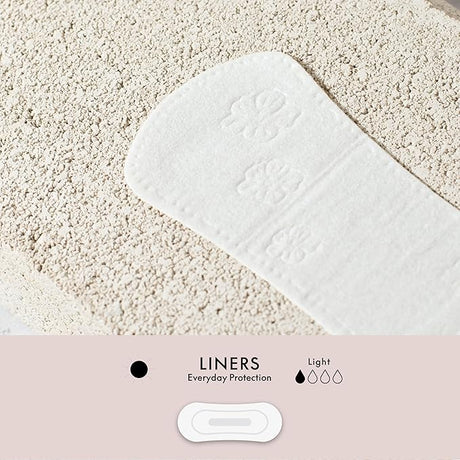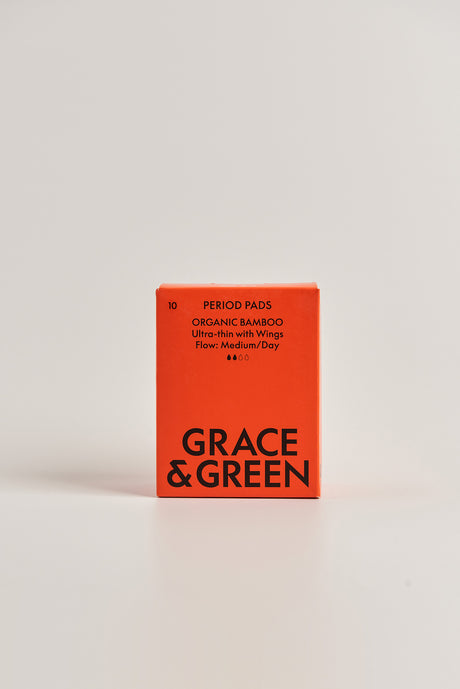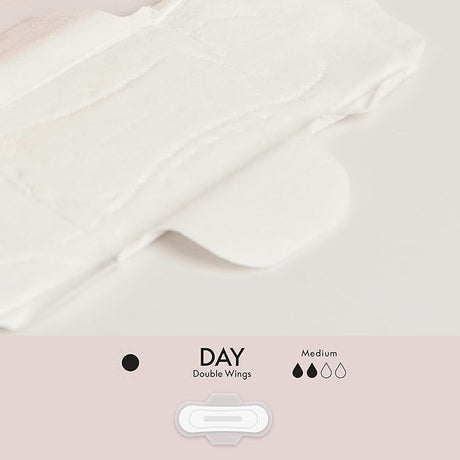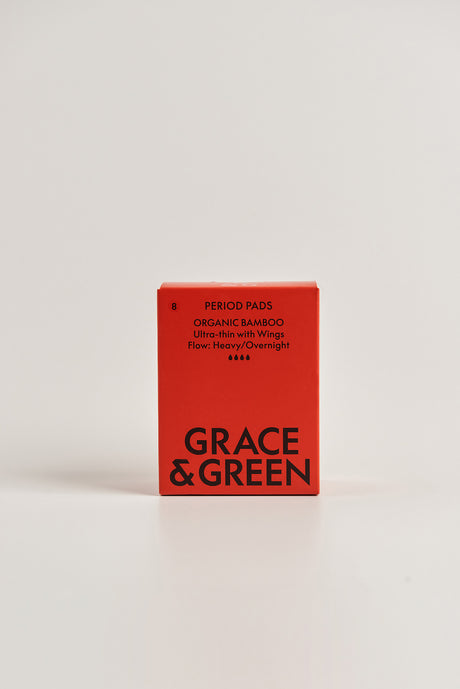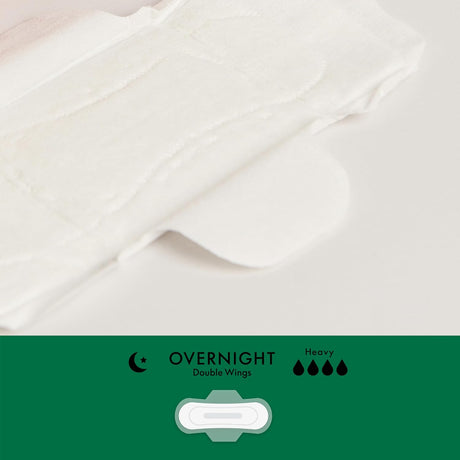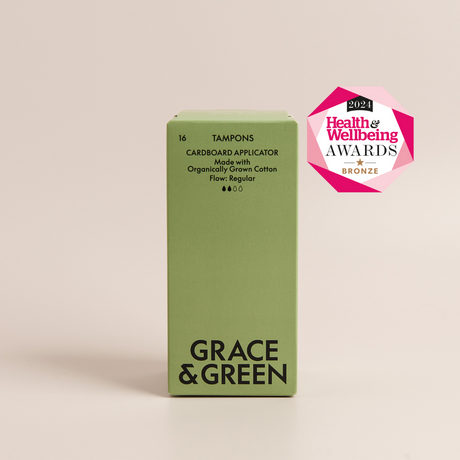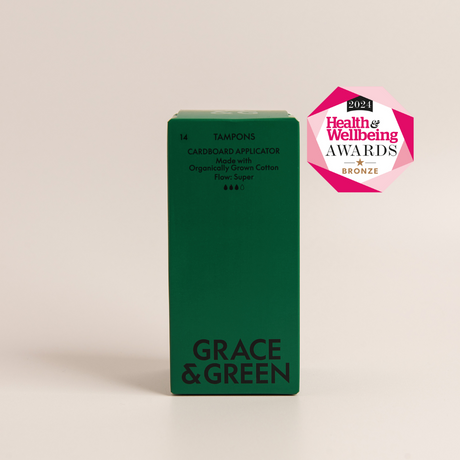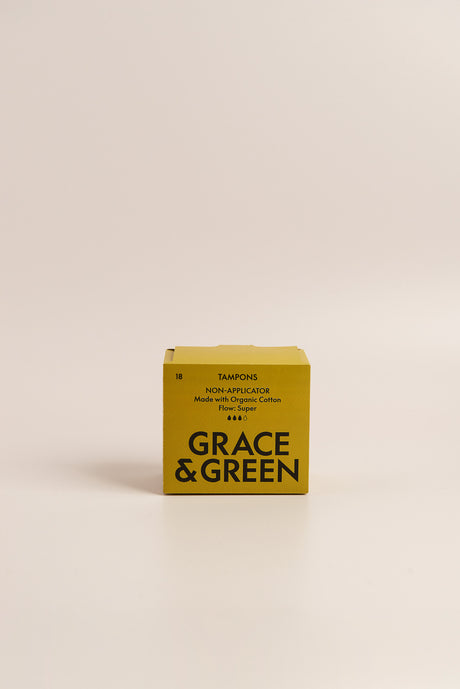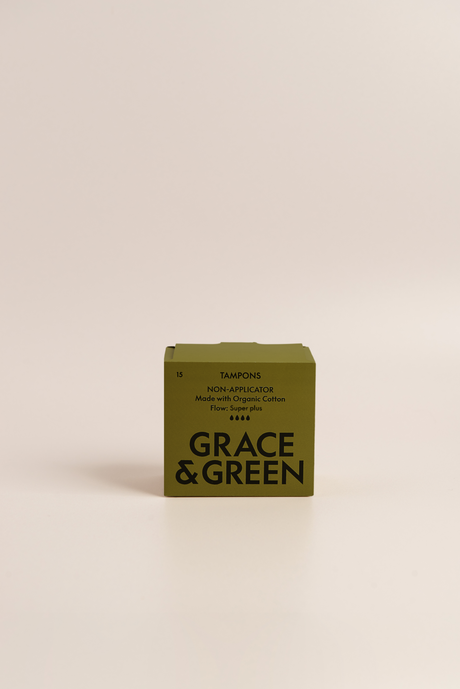We’ve all either heard of thrush or looked in panic at the boxes of creams and pessaries on the shelf, but what really is it? Thrush is a common yeast infection that can be vaginal or oral, and often raises questions about whether it needs treatment or if it will resolve naturally. With symptoms that can impact daily comfort and health, understanding thrush and its management is essential. In this guide, we explore the causes, symptoms, treatment options, and whether thrush can really go away on its own (spoiler alert: maybe).
What Is Thrush?
Thrush is a fungal infection caused by the overgrowth of Candida, a type of yeast that naturally lives in the body. It can affect various areas, most commonly the vagina (vaginal thrush) and mouth (oral thrush). Usually, thrush is fairly mild but leaving it untreated can lead to more intense symptoms and discomfort which could disrupt daily activity.
Vaginal thrush affects up to 75% of women at some point in their lives. Oral thrush is more common in babies, older adults, and those with weakened immune systems but can also affect healthy adults.
Common Symptoms of Vaginal and Oral Thrush
Symptoms of thrush vary depending on where infection is but typically include:
-
Itching, irritation, or burning
-
Thick, white vaginal or oral discharge. This does not usually have a smell. If you are concerned or just confused about your vaginal discharge, our guide explains all you need to know from ‘normal’ discharge to what could be thrush.
-
Redness or swelling
-
Pain during intercourse or urination (vaginal thrush)
-
Cracks at the corners of the mouth or tongue coating (oral thrush)
Both vaginal yeast infections and oral thrush can range in severity and may come with other symptoms like fatigue or general discomfort.
Causes of Thrush in Women and Men
Thrush can result from a variety of triggers that upset the natural balance of microorganisms in the body. Sometimes, thrush can occur for no apparent reason.
Several factors can cause Candida yeast to grow excessively:
-
Antibiotic use
-
Hormonal fluctuations from factors such as pregnancy or birth control pills
-
High-sugar diets
-
Tight, non-breathable clothing
-
Poor hygiene or over-cleansing that upsets pH levels.
Does a Weakened Immune System Make It Worse?
Yes, individuals with weakened immune systems, such as those living with HIV, diabetes, or those undergoing chemotherapy, are more prone to recurrent or severe thrush infections. Here, the body struggles to keep yeast infections in check, making medical treatment more critical. It is a good idea to log symptoms to be able to go to healthcare professionals with and as a case of recognising when thrush may be occurring, particularly for those with recurrent thrush or are immunocompromised.
Can Thrush Go Away Without Treatment?
In some cases, thrush may go away on its own, particularly if it's very mild and your immune system is functioning well. The body can sometimes rebalance itself, especially if the underlying cause is addressed, like antibiotic use or poor diet. This is not to say that this is always the case and if you spot the signs, it is recommended to seek medical attention.
Signs Your Thrush Is Clearing Naturally
You may notice:
-
Less intense itching or irritation
-
Discharge returning to normal
-
Reduction in redness or swelling
-
Fewer pain symptoms during urination or sex
If these signs appear within a few days, your body might be resolving the infection naturally.
Risks of Leaving Thrush Untreated
While mild thrush might resolve on its own, not treating moderate or severe infections can cause complications.
When Symptoms Get Worse Instead of Better
Untreated thrush can lead to:
-
The infection spreading to other areas
-
Cracked skin and open sores
Increased pain or discomfort -
Recurrent infections
It’s crucial to monitor symptoms closely and seek healthcare provider advice if they persist or worsen.
How Long Does Thrush Last?
There is no one answer to this, thrush infections depend on several factors including severity, treatment, and immune health. It could be 1 week for one person and several for another.
How Thrush Affects Daily Life and Comfort
Without treatment, thrush might linger for 1 - 2 weeks or longer. Treated with anti-fungal medicine, symptoms typically resolve within 3 - 7 days.
Ongoing symptoms can interfere with:
-
Sleep and concentration
-
Sexual activity
-
Comfort during daily tasks
This is why many opt for over-the-counter or prescription thrush treatments for faster relief.
Thrush vs. Other Infections: How to Tell the Difference
Many conditions share symptoms with thrush, making it important to identify the correct issue.
How Doctors Diagnose Thrush
Healthcare providers may:
-
Examine visible symptoms whether that’s in the vagina or mouth
-
Take a swab from the affected area, usually discharge.
-
Run laboratory tests to rule out bacterial infections or STIs. Thrush is not an STI but can be triggered by sex. It is rarely passed on during sex.
Conditions like bacterial vaginosis, herpes, or urinary tract infections may resemble thrush but require different treatment. Be sure to keep an eye on these specific symptoms for thrush, if you are experiencing other symptoms it could be one of the above. Your doctor will examine and test for these diagnoses if they are suspected so do not worry about attempting to self-diagnose.
When Should You See a Healthcare Provider?
Mild thrush may not always require medical attention, but certain signs suggest it’s time to consult a doctor:
-
If your thrush is recurring (more than 4 times in a year) or symptoms are lasting more than a week
-
You have symptoms for the first time
-
You have thrush and are under 16 or over 60
-
You have thrush and are pregnant or breastfeeding
-
Treatment for thrush hasn’t worked
-
You have thrush and a weakened immune system due to other conditions (such as HIV, diabetes or are having chemotherapy)
What to Expect at a Medical Appointment
Your doctor may:
-
Ask about your medical history and symptoms
-
Perform a physical examination
-
Prescribe anti-fungal cream, tablets, or oral medication
-
Recommend follow-up if symptoms return
Prompt medical advice is especially important for recurrent yeast infections or symptoms lasting more than a week
At-Home Remedies for Managing Mild Thrush
Some natural or at-home remedies may help relieve mild symptoms while your body works to restore balance. This is not to suggest that medical attention is not a recommendation but just a few things you can do at home to help.
Can Probiotics Help?
Probiotics may support vaginal and gut flora, helping prevent yeast overgrowth.
-
Lactobacillus strains can be effective, usually found in supplements or in probiotic-rich foods like yogurt, kefir, sauerkraut, and kimchi
Foods That May Help or Hurt
Helpful foods:
-
Unsweetened yogurt
-
Garlic
-
Coconut oil - It’s rich in lauric acid, a naturally occurring fatty acid shown to have antimicrobial and anti-fungal properties.
-
These are all pro-biotic friendly.
Foods to avoid:
-
Sugar (feeds yeast)
-
Refined carbs
-
Alcohol
-
These foods can irritate the bacteria further by encouraging further imbalances and bacteria growth.
These changes can support both prevention and recovery from vaginal yeast infections and oral thrush.
Medical Treatments for Thrush: What Works?
When symptoms are moderate to severe, or don’t improve with home care, medical treatments are highly effective.
The Role of Anti-fungal Medication
You'll usually need anti-fungal medicine to get rid of thrush. This can be a tablet you take (fluconazole), a tablet you insert into your vagina (pessary) or a cream (usually clotrimazole or miconazole) to relieve the irritation. Mouth rinses are sometimes prescribed for oral thrush.
When Creams Are Enough for Relief
Topical treatments are usually effective for:
-
Mild vaginal thrush
-
External irritation and itching
-
Cases without internal infection
Medication for Severe or Recurrent Thrush
Oral anti-fungals are used when:
-
Topical treatments fail
-
The infection is widespread
-
Recurrences are frequent (4+ times/year)
A healthcare provider might also investigate underlying causes like diabetes or hormone imbalances in these cases. Thrush should clear up within 7-14 days of starting any treatment.
Tips for Preventing Recurring Thrush
Prevention is key for those prone to yeast infections. Consider these lifestyle tips:
-
Wear breathable cotton underwear
-
Avoid scented period products. Grace & Green offer products that are certified-organic, free from fragrances, pesticides, dyes, bleaches, and other toxic chemicals. Perfect for when you have thrush, perfect for when you don’t.
-
Change out of damp clothes quickly (e.g., swimsuits, workout gear)
-
Practice good oral hygiene
-
Take probiotics and eat pro-biotic rich foods regularly.
Consistent self-care and keeping an eye on potential symptoms reduce the risk of recurrent thrush and improves overall vaginal and immune health. Because, who wants thrush once, let alone all the time?
So, does thrush go away on its own? The answer depends on the type and severity of the infection. While mild yeast infections may clear up naturally or little intervention, many require medical treatment to prevent discomfort, recurrence, or complications.
If symptoms stay for more than a few days, worsen, or leave you in significant discomfort, it’s best to consult a doctor for proper diagnosis and treatment. Whether managed naturally or with prescribed anti-fungal medicine, recognising symptoms early makes thrush easy to manage and get rid of.


